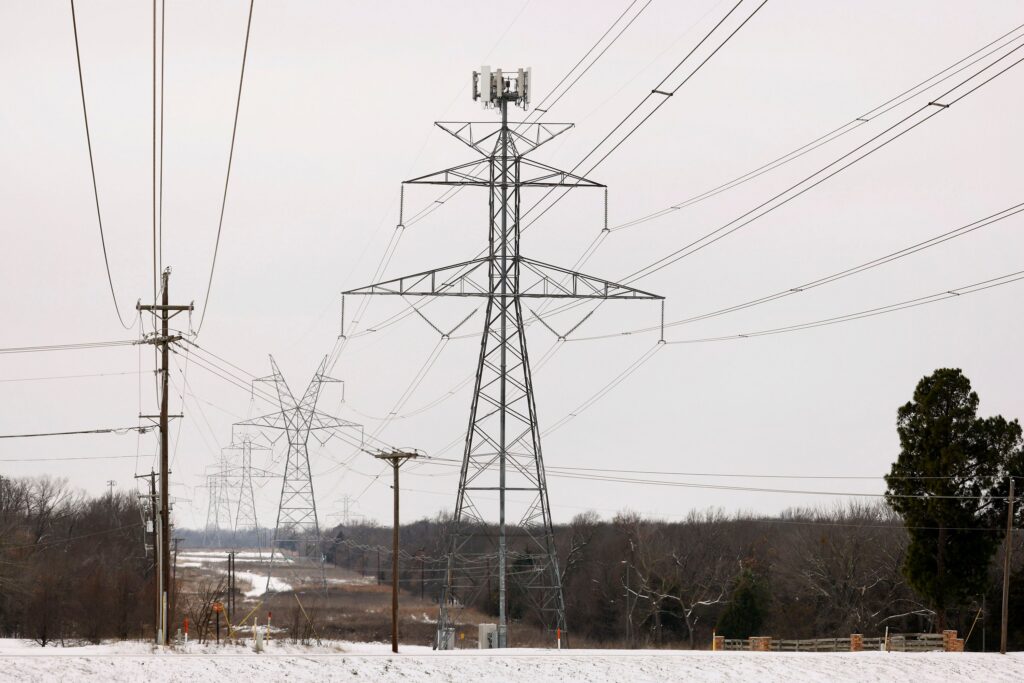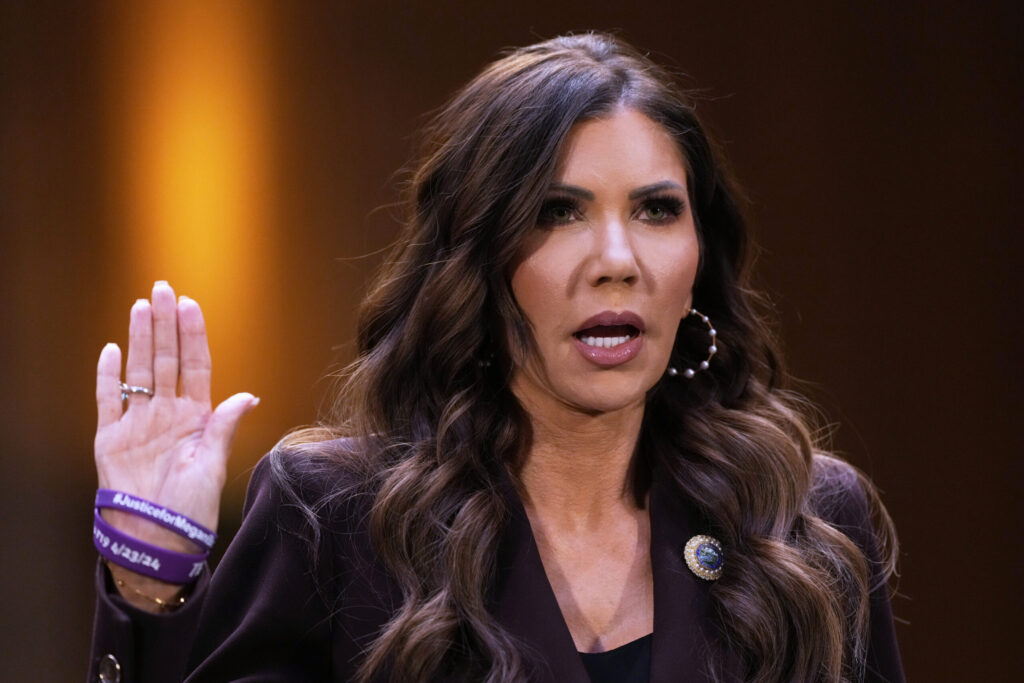Proposed ballot initiative would ask Colorado voters to cap payday lending rates at 36 percent

(Editor’s note: The Center for Responsible Lending and the Bell Policy Center are part of the Financial Equity Coalition, which is pushing the ballot initiative. The original post is below.)
************
A ballot question in November would ask voters in November to cap rates charged by payday lenders at 36 percent.
But to get on the ballot the Center for Responsible Lending will have to clear its paperwork with the Secretary of State’s Office and collect 98,492 signatures within six months.
The Washington, D.C, advocacy organization is supported locally by the Bell Policy Center in Denver. The Colorado Financial Equity Coalition of public, private, and nonprofit organizations will work to collect the signatures.
The center released a report Wednesday to support the need, arguing that eight years after the legislature passed payday lending reforms, “payday lenders in Colorado continue to ensnare customers in a cycle of high-cost debt.”
The consumer advocacy organization alleges payday loan users in 2016 ponied up an average annual percentage rate of 129 percent. The average loan was $392 with $119 in interest and fees, The average length of the loan was 97 days.
Payday loans cost Colorado borrows about $50 million a year, the report alleges.
“The bulk of the $50 million in fees that payday lenders strip from Colorado’s struggling families come from those who can least afford them,” Ellen Harnick, Western office director for the Center for Responsible Lending, said in a statement. “We should not sacrifice the financial well-being of Colorado families for the sake of payday lenders, whose business model of making repeat high-cost loans to borrowers who cannot afford them is alive and well in Colorado.”
The report used data from the Colorado Attorney General’s office, according to the Center for Responsible Lending.
You can read the center’s findings by clicking here.
If the measure lands on the ballot, or the petition gathering motivates lower-income voters, it could have an affect beneficial to Democrats who have supported such efforts, similar to the minimum wage hike that passed last November.
The center noted in its report and press release that payday lenders flourish in communities of color “at higher frequencies than in white neighborhoods, even those with lower-income levels”
“Payday lenders say they provide access to credit, but what they provide is access to unmanageable debt,” Rosemary Lytle, president of the NAACP State Conference, said in a statement released by the center. “The impact is especially hard on Colorado’s communities of color, where payday lending stores are located in higher numbers proportionally than in white neighborhoods. This widens the racial wealth gap as dollars are systematically drained from our communities.”
Added Nathan Davis Hunt, program director for the Interfaith Alliance of Colorado, “As people of faith, we stand united against business practices and financial products that violate our shared values. The exploitative design of predatory lending is unacceptable to the just and peaceable society our traditions guide us to create. Capping payday loan interest rates is a vital step toward building a more equitable and inclusive Colorado.”














